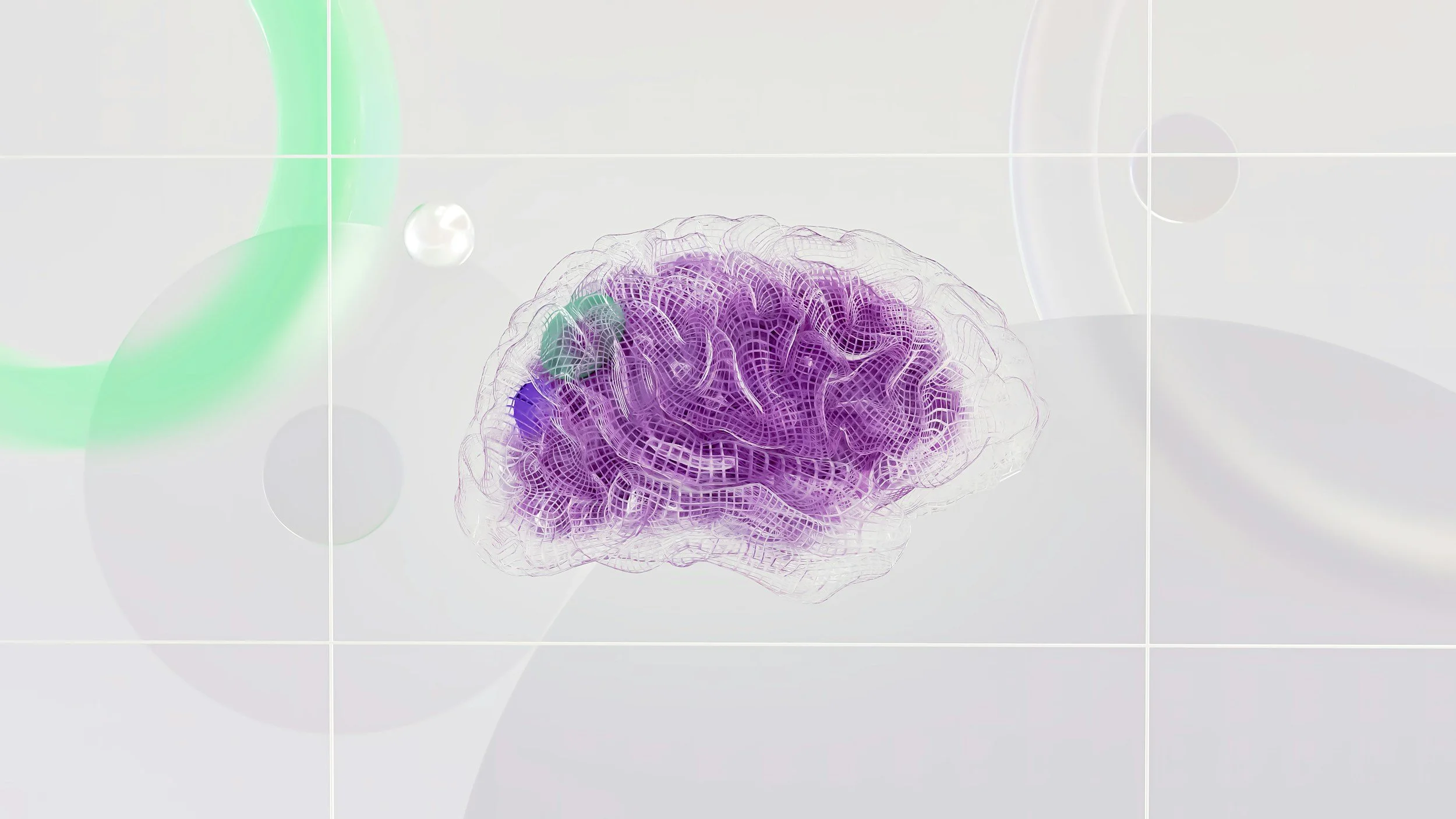
Neuropsychological Testing
At PBA Psychology, we offer in-depth neuropsychological assessments that explore how the brain functions in everyday life. These evaluations measure a wide range of abilities, including thinking, memory, attention, problem-solving, processing speed, language functioning, and emotional regulation.
Neuropsychological testing helps identify both cognitive strengths and weaknesses, offering valuable insights into everyday challenges. It can also assist in diagnosing or clarifying conditions such as traumatic brain injury (TBI), neurodegenerative diseases, ADHD, and other cognitive or psychological disorders.
Psychoeducational Testing vs. Neuropsychological Testing
While both psychoeducational and neuropsychological assessments evaluate learning, thinking, and cognitive skills, they serve different purposes. Understanding the distinction can help determine which type of testing is most appropriate.
Psychoeducational Testing
Focus: Academic performance, learning style, and school-related functioning
Measures: Reading, writing, math, attention, memory, executive functioning, and intellectual abilities
Common Uses:
Diagnosing learning disabilities (dyslexia, dyscalculia, dysgraphia)
Identifying ADHD and executive functioning difficulties
Supporting educational accommodations (IEPs, 504 Plans, extended test time, tutoring strategies)
Who Benefits: Primarily students (children, teens, and college students) struggling academically or needing accommodations
Why Neuropsychological Testing Matters
When someone begins to notice changes in memory, concentration, or reasoning, the cause may not be immediately clear. Neuropsychological testing provides a comprehensive and objective measure of brain functioning, allowing clinicians to:
Differentiate between neurological and psychological causes of cognitive struggles
Identify the impact of a brain injury, concussion, or medical condition
Track cognitive changes over time in cases of progressive illness
Guide treatment planning, rehabilitation, and supportive interventions
This type of assessment is valuable for both children and adults, offering clarity and direction when life feels uncertain due to cognitive changes.
Neuropsychological Testing
Focus: Brain functioning and how it impacts daily life
Measures: Memory, attention, language, problem-solving, reasoning, executive skills, processing speed, and emotional functioning
Common Uses:
Identifying traumatic brain injury (TBI) or concussion effects
Evaluating neurodegenerative diseases
Assessing cognitive changes
Differentiating between psychological and neurological causes of cognitive difficulties
Who Benefits: Children through older adults experiencing memory loss, concentration issues, or changes in brain functioning
Examples of Recommendations After Testing
One of the most valuable aspects of both psychoeducational and neuropsychological testing is the personalized recommendations that follow. Based on the results, our clinicians may suggest:
School-Based Supports: IEPs, 504 Plans, classroom accommodations (extra test time, reduced distractions, use of technology for note-taking)
Workplace Accommodations: Flexible scheduling, memory aids, organizational tools, quiet workspaces, or task management supports
Therapeutic Interventions: Cognitive rehabilitation, psychotherapy (such as CBT or psychodynamic therapy), occupational therapy, or speech-language therapy
Lifestyle and Wellness Strategies: Sleep hygiene, stress management, exercise, and mindfulness practices
Medical Referrals: Collaboration with neurologists, psychiatrists, or other healthcare providers when needed
These tailored recommendations provide actionable steps for improving daily functioning, learning, and overall well-being.
Which Is Right for You?
If the primary concern is academic performance, learning style, or school accommodations, then psychoeducational testing is likely the right choice.
If the concern is memory loss, attention issues beyond the classroom, neurological changes, or suspected brain injury, then neuropsychological testing provides the most comprehensive evaluation.
In some cases, both tests may be recommended for a complete picture of cognitive and academic functioning.
Take the Next Step
At PBA Psychology, our team is highly trained in conducting both psychoeducational and neuropsychological testing, ensuring that each assessment is tailored to the individual’s needs. We provide clear, detailed reports with practical recommendations for school, work, and daily life.
Let’s Take the Next Step Together
WE CAN HELP.
REACH OUT TODAY.
Phone: 310.271.2275
BEVERLY HILLS LOCATION
9350 Wilshire Blvd, Suite 212
Beverly Hills, CA 90212
DOWNTOWN LA LOCATION
714 W. Olympic Blvd, Suite 926
Los Angeles, CA 90015







